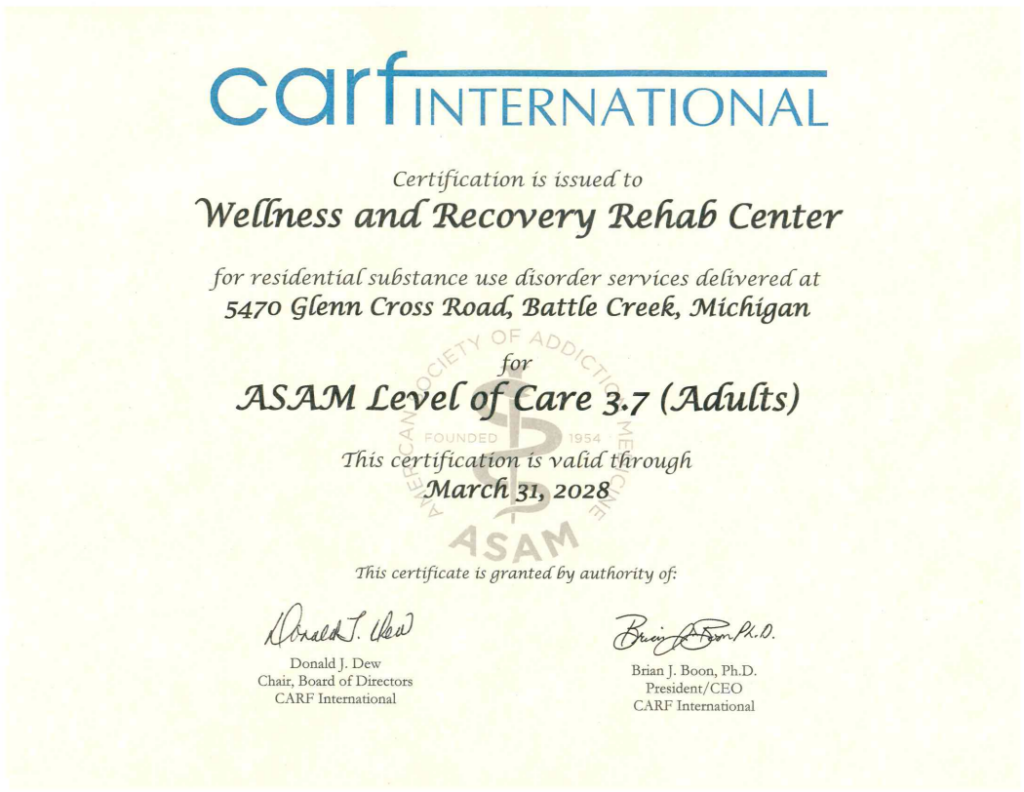Mental health issues can manifest in many ways. They affect our emotions, behaviors, thoughts, and even our physical health.
Emotional changes are often the first clue that something might be wrong. These may include:
Changes in how someone acts can also point to mental health problems. Behavioral symptoms may look like:
These cognitive signs of mental health issues can point towards an individual needing specialized and personalized care.
Mental health often affects your body, too. Over time, physical signs of mental health issues will manifest as:
Physical symptoms can be important clues about mental health problems, especially for people who also struggle with substance use.
Mental health and substance use disorders often develop at the same time and can make each other worse. Both conditions can be influenced by similar genetic, environmental, and developmental factors.
Dual diagnosis cases can complicate treatment, which is why it’s imperative to partner with a treatment center, such as Wellness and Recovery, for holistic care and healing.
Even with more awareness about the importance of mental health today, many people still face significant hurdles when trying to get help for mental health concerns, including:
One of the biggest barriers to getting mental health treatment is the negative attitudes and false beliefs about mental illness that can lead to unfair treatment. This stigma often paints people with mental health issues as dangerous, unpredictable, or weak.
Stigma often stops people from seeking the help they need, and it can even affect the quality of care they receive depending on where they go for treatment.
At Wellness and Recovery, we work hard to fight these misconceptions by providing education and creating a judgment-free place for everyone looking to reclaim a happy, healthy, and fulfilling life—free from substance addiction and co-occurring mental health challenges.
Even when someone decides to seek help, they may run into several roadblocks. These may include:
Inner resistance can be just as tough as outside barriers. Many people:
At Wellness and Recovery, we understand these worries and work with clients to address their fears about seeking help. Our whole-person, compassionate recovery approach is designed to meet you where you’re at—making treatment a nonjudgmental, seamless experience.
Thankfully, there are many ways to tackle mental health concerns and move toward recovery. Some of the best methods for treating the signs of mental health issues include:
At Wellness and Recovery, our Michigan-based team provides treatment that addresses both mental health and substance use disorders simultaneously, ensuring individuals can heal comprehensively.
Having people who care makes a big difference in recovery and in recognizing the signs of mental health issues.
Some tips for building an effective support system include:
Having good social support often leads to better treatment results and a lower chance of relapse for those healing from substance use disorders.
Self-care is an essential part of mental health management as well. Some great self-care tips to implement into your regime include:
Adding these self-care practices to daily routines can aid professional treatment plans and provide long-term healing.
Recovery from mental health challenges is often a journey that needs ongoing support. Wellness and Recovery helps individuals through the healing process by providing:
Getting the right support is crucial for addressing mental health challenges effectively.
For immediate help or crises, individuals can contact the following hotlines:
Several options exist for ongoing help with the signs of mental health issues as well, including:
Peer support can be incredibly valuable. Some examples of support groups to look into for recovery include:
At Wellness and Recovery, we offer care for individuals struggling with the signs of mental health issues, substance use disorders, or both.
We provide a holistic, individualized approach to care within a small, intimate setting that allows for an exceptional staff-to-patient ratio.
Our treatment philosophy focuses on treating the whole person with closely monitored, individualized treatment plans in a professional environment.
Recognizing the signs of mental health issues is the first step toward healing and recovery. While challenges such as stigma, fear, and access barriers exist, numerous effective solutions are available.
If you’re ready to make a change—know that we’re here.
Mental health recovery takes time, but each step forward matters. Finding the right help can make a big difference in your journey. Some people need short-term help for a specific issue, while others benefit from longer support.
The most important thing to remember is that you’re not alone. Many people face mental health challenges, and getting help is a sign of strength, not weakness. With the right support and tools, recovery is possible.
If you’re noticing signs of mental health issues in yourself or someone you care about, now is the time to reach out. Early help often leads to better outcomes and a quicker return to wellness.
At Wellness and Recovery, we’re here to help you achieve better mental health. Our team understands your challenges and offers compassionate, evidence-based care to help you move forward with hope and confidence.




